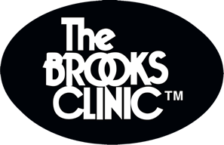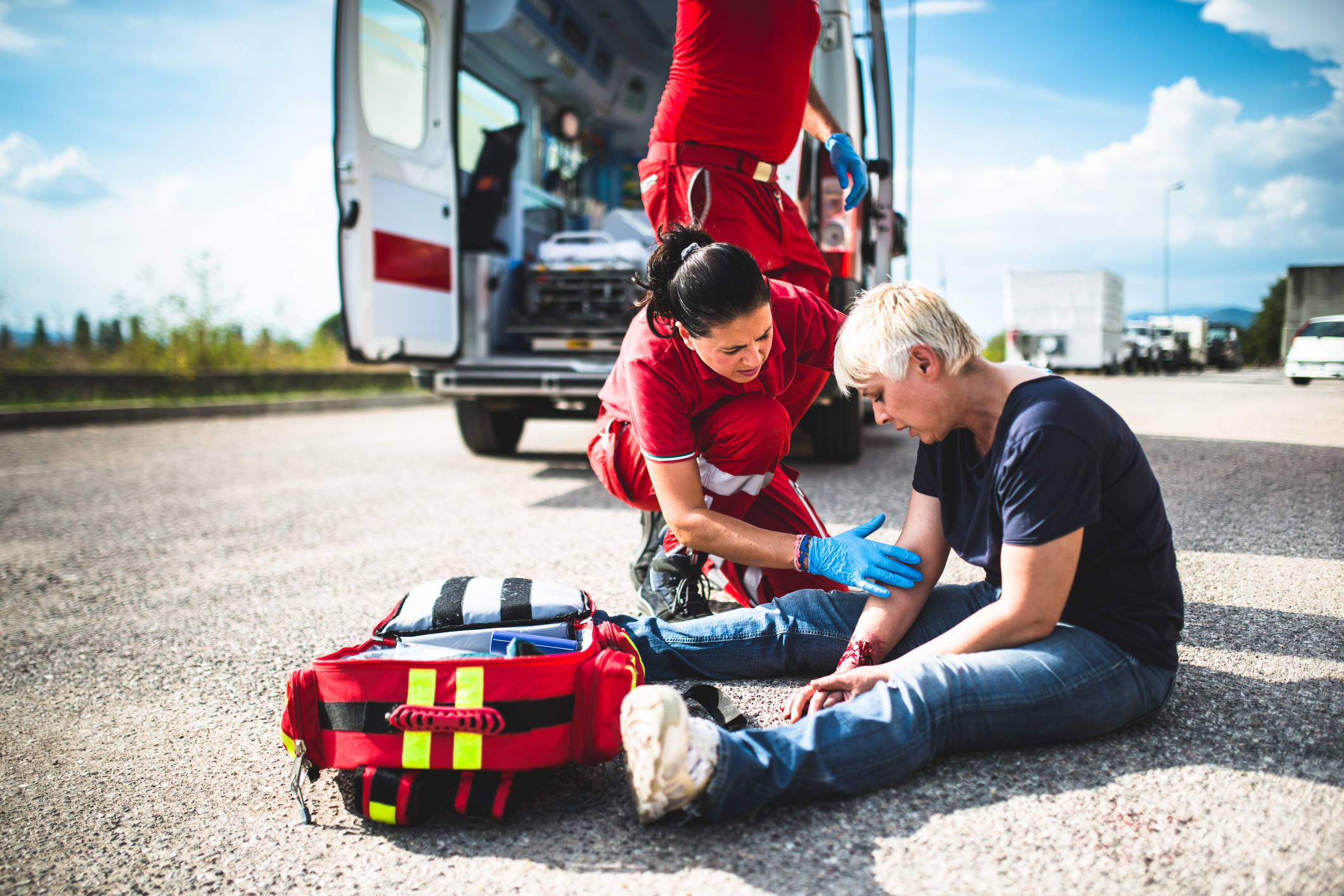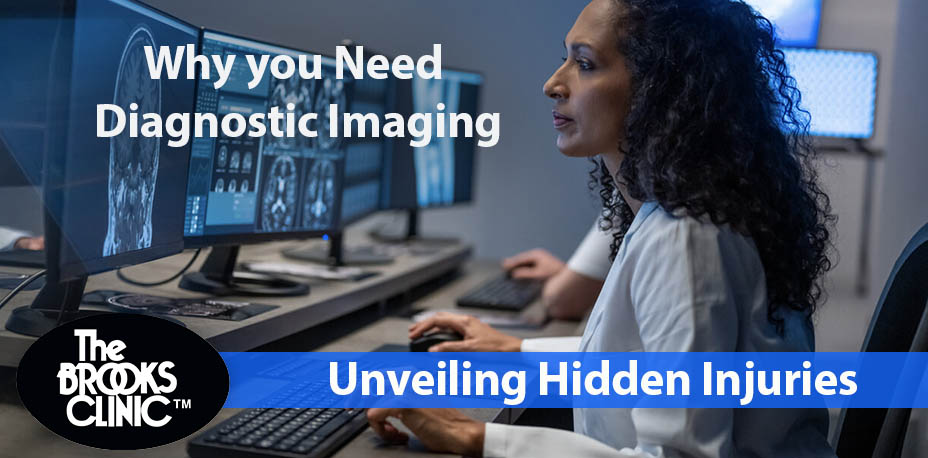Car accidents happen in the blink of an eye but can have long-term effects on your life. If you are fortunate and don’t suffer any serious injuries that require immediate medical care, it’s important not to think you are out of danger. Some effects of car accidents can go unnoticed and, left untreated can have long-term effects on your health and well-being. Here are some long-term effects of car accidents that you should consider.
Whiplash
Whiplash occurs when your neck quickly jolts forward and backward, causing muscles and tendons in your neck to be strained in such a way that causes small tears to develop. Symptoms of whiplash include pain, stiffness, and numbness in the neck. Whiplash may not kick in until a couple of days after the initial impact of the accident. Left untreated, whiplash can get worse with time. One of the best ways to prevent whiplash from becoming a long-term condition is to seek medical care immediately after an accident happens – even if you don’t feel any symptoms.
Back Pain
Although it can happen for a variety of reasons, some of which may be temporary, back pain should be checked immediately by a professional. It’s not uncommon to feel soreness or mild pain after a car accident. Even a “fender bender” with a small amount of force can lead to back injuries such as disc herniation, spinal disorders, and lumbar sprains. These conditions happen when an accident happens and the spine is thrown out of place. Again, seek medical attention immediately after an accident. If you feel fine but start feeling symptoms a day or two later, don’t ignore it! If a back injury has developed, ignoring it can make it worse and take a lot more time to heal.
Concussion
Concussions can leave you feeling dazed and nauseous, but too many times we are told to “shake it off” and move on. The fact is, not seeking treatment for a concussion – or a traumatic brain injury – can have devastating long-term effects. Experiencing a number of concussions over the course of one’s life, even small head injuries over the course of time, can lead to Chronic Traumatic Encephalopathy (CTE), a degenerative brain disease found in athletes, veterans and others with a history of repetitive brain trauma. If you suspect you might have been concussed, or have experienced a traumatic brain injury, seek treatment immediately.
Post-Traumatic Stress Disorder (PTSD)
PTSD can happen after a car accident and make it difficult to move on from the experience. PTSD victims will often relive the accident and can have disturbing memories of the incident. In serious accidents in which injuries or loss of life has occurred, PTSD can make a person’s ability to drive or be a passenger in a car even more difficult. With trauma, symptoms may not appear immediately but once they do, they can continue to worsen. Seek help if you experience any sort of post-traumatic stress. The sooner you see a specialist to work on this issue, the easier it will be to deal with what happened and move on from it.
The board-certified physicians at the Brooks Clinic specialize in treating all kinds of injuries and specialize in car accident injuries, specifically. If you were injured in a car accident or in another way, call 405-400-0877 to make an appointment today.




